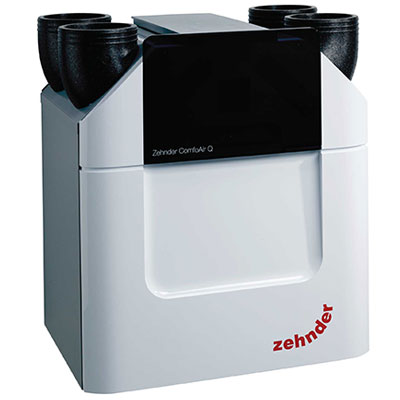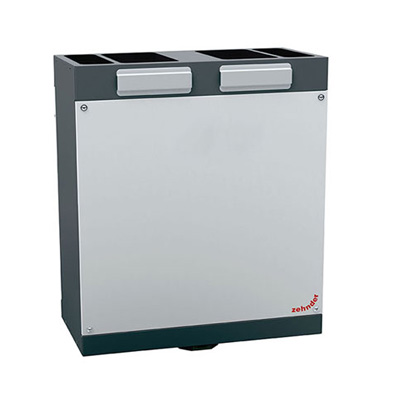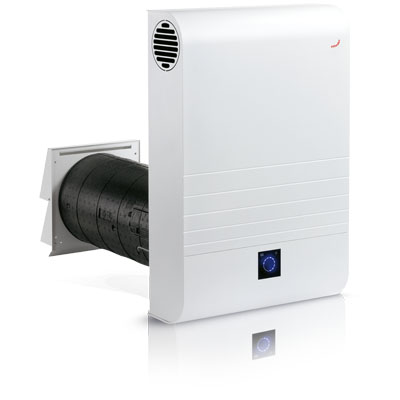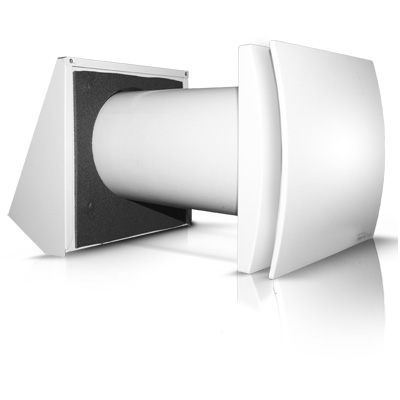Asthma & Allergies
- Home /
- Why Ventilate /
- Asthma & Allergies
The common house dust mite
As most asthma or allergy sufferers will know, the common house dust mite can play a major part in aggravating their symptoms.
The house dust mite
Dust mites have 8 legs and are related to the spider. You are probably sharing your bed with thousands of them!
Their main breeding ground is in bedding and carpets. They feed on microscopic scales of skin, which we all shed. Their only source of water is from the air, so they prefer to live in areas where relative humidity is high. The higher the humidity, the quicker they are able to breed.
The effects:
The dust mite has been attributed with the increase in asthma (now affecting 20% of New Zealanders , equivalent to a staggering 1 in 5 households) plus other bronchial and skin problems.


So how do we get rid of dust mites ?
No matter how clean our home is, dust mites cannot be totally eliminated. However, to live and breed, dust mites require the following:
If there are high levels of relative humidity in an occupied dwelling then you will find a breeding ground for dust mites. The quickest and most effective way in reducing the population of dust mites in a home is by reducing relative humidity by providing adequate ventilation.
Main trigger for asthma and allergies
Dust mites and their droppings are known allergens. When their rotting carcasses and droppings come into contact with our skin or are inhaled they may cause an allergic reaction.
Researchers estimate that these particles may be a trigger for up to 80 % of asthma attacks and responsible for countless causes of eczema.

Did you know?
Dust mites have 8 legs and are related to the spider. You are probably sharing your bed with thousands of them.

Recommended Products
About Us
Fantech, the industry leader for 45 years and continues to be the forefront of fan and acoustics technology by developing and implementing new and innovative products for virtually every air movement and ventilation need.



